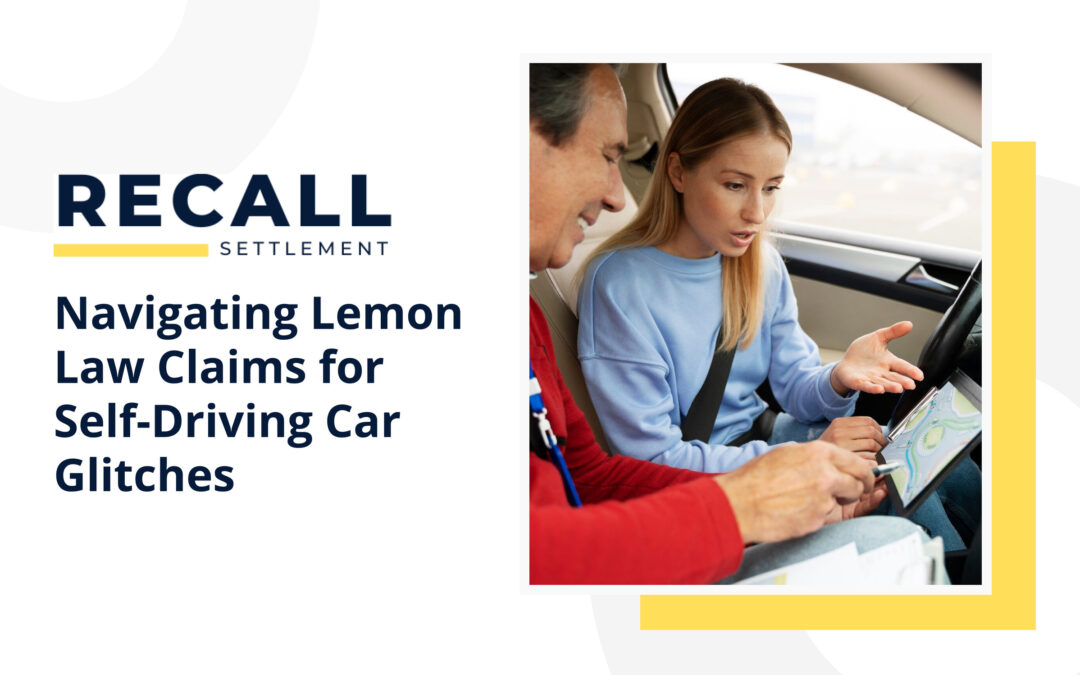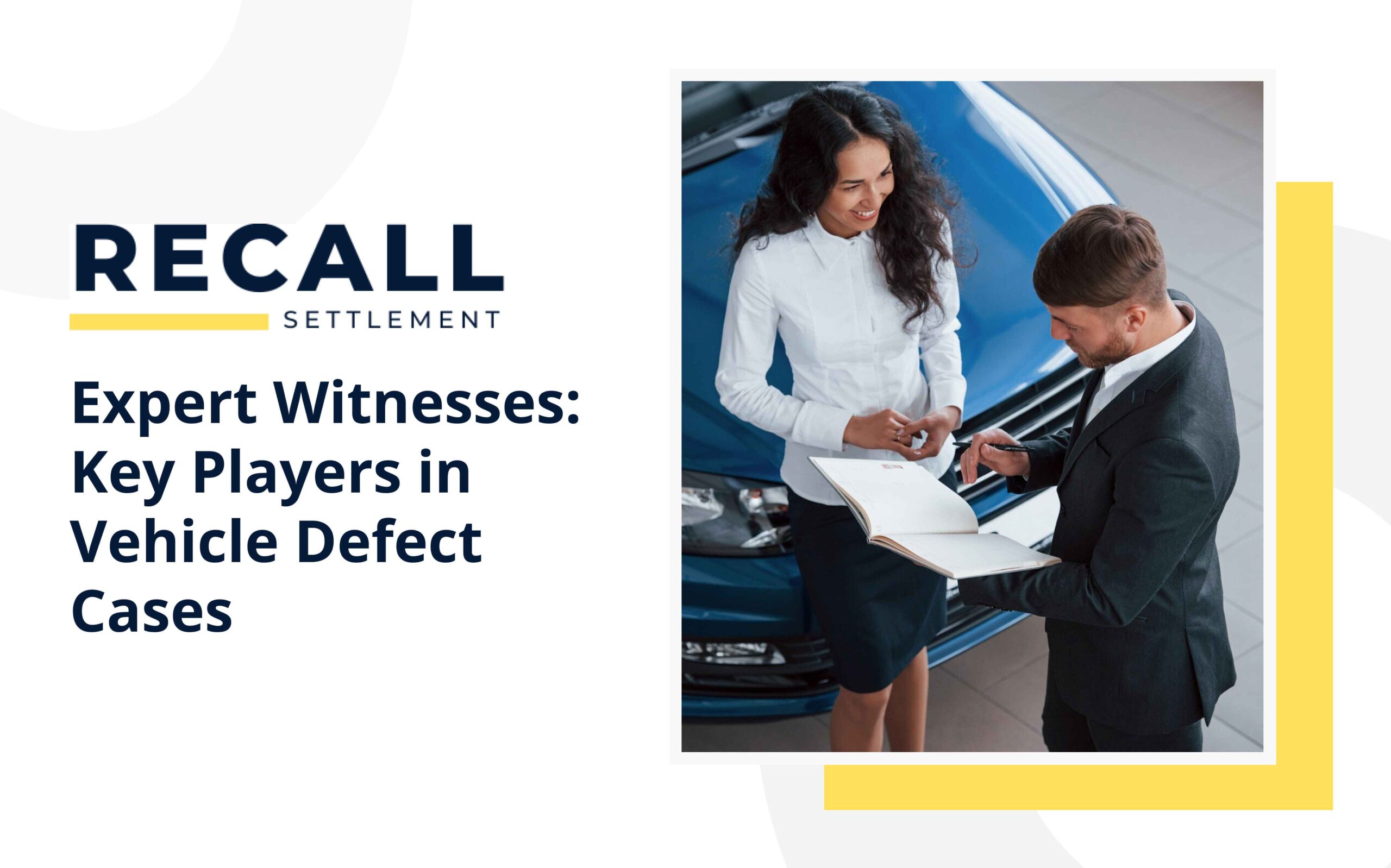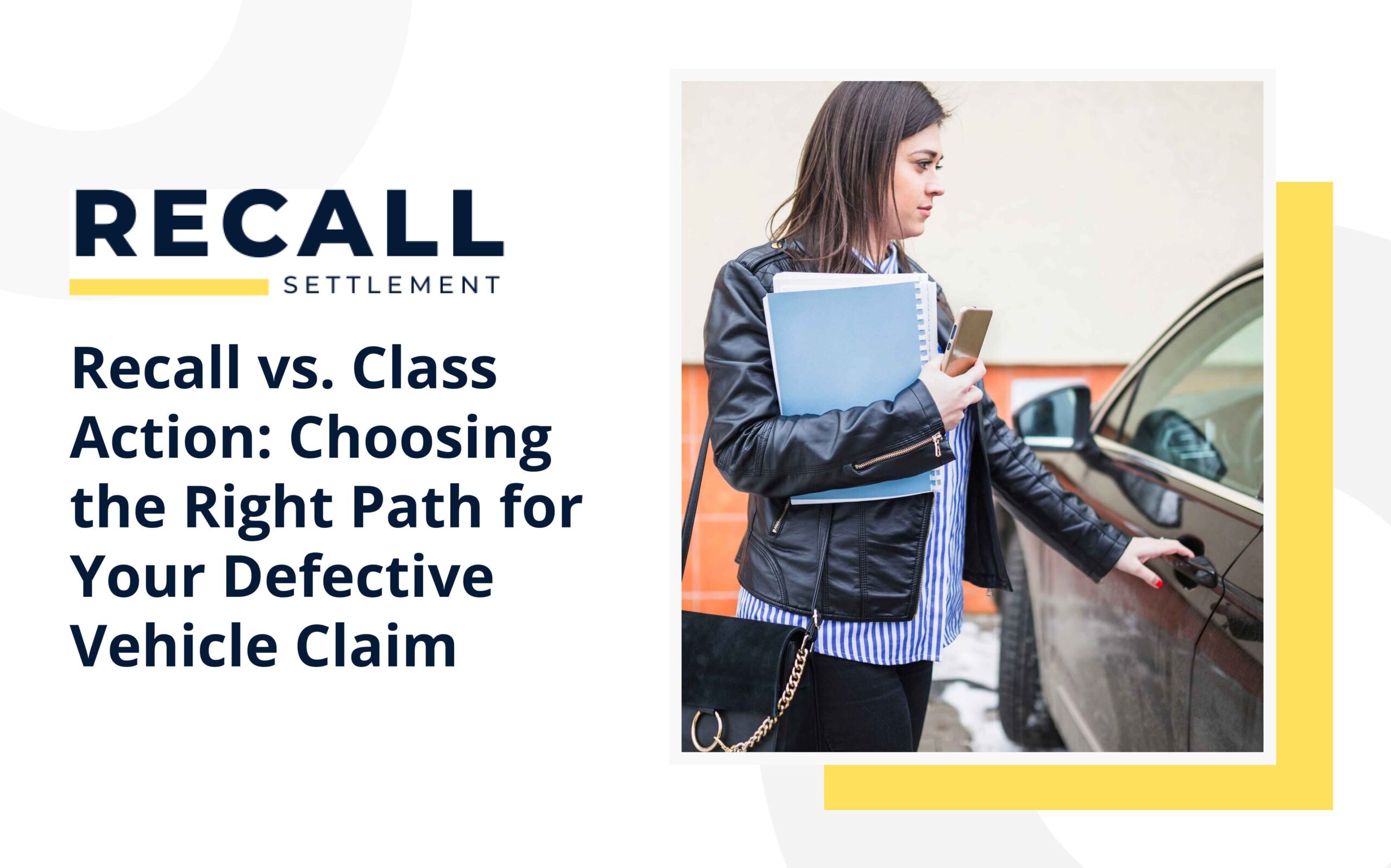Cars are getting smarter, but sometimes their brains get a bit mixed up. When your car's self-driving features start acting weird, you might wonder if you've got a lemon on your hands. Let's break down how lemon laws work with these high-tech rides and what you can do if your car's robot driver isn't up to snuff.
Key Points for Autonomous Vehicle Lemon Law Claims
- Understand your vehicle's autonomous features and how they should work
- Keep detailed records of any problems with self-driving features
- Report issues to the manufacturer promptly
- Stay informed about recalls and new laws for autonomous vehicles
- Know your rights under lemon laws covering self-driving features
- Consult lemon law specialists if persistent issues occur
What Are Lemon Laws and How Do They Apply to Self-Driving Cars?
Lemon laws are like a safety net for car buyers. They're there to protect you if you end up with a car that's more trouble than it's worth. These laws say that if your car has a serious problem that can't be fixed after a few tries, the car company has to either give you a new car or your money back. Now, here's the cool part: these laws are starting to cover self-driving features too!
Imagine you bought a car that's supposed to park itself, but it keeps trying to park in the middle of the street. That's not just annoying—it's dangerous! Lemon laws are adapting to cover these kinds of high-tech hiccups. Different states have different rules, but the basic idea is the same: if your car's brain isn't working right, you shouldn't be stuck with it.
It's important to note that lemon laws vary by state, and not all states have updated their laws to specifically address autonomous vehicle technology. However, many existing lemon law provisions can be applied to self-driving features if they significantly impair the use, value, or safety of the vehicle. For example, if your car's autonomous emergency braking system consistently fails to engage when it should, this could be considered a substantial defect under lemon law.
Common Problems with Self-Driving Features
Self-driving cars are super smart, but they're not perfect. Here are some common issues that might make you think your car is more lemon than limo:
- Sensors that get confused by rain or snow
- Software glitches that make the car do weird things
- Navigation systems that lead you to the wrong place
- Safety systems that don't react when they should
- Autonomous features that disengage unexpectedly
- False positives in collision detection systems
- Inconsistent performance of adaptive cruise control
These problems aren't just frustrating—they can be scary! That's why it's important to know your rights and what to do if your car starts acting up. Remember, even minor glitches in autonomous systems can have serious safety implications, so it's crucial to address them promptly.

Big Recalls and Legal Actions You Should Know About
Sometimes, car companies have to call back a whole bunch of cars because of problems with their self-driving features. This is called a recall. For example, Tesla had to recall over 360,000 cars because their "Full Self-Driving" system was doing some pretty risky things, like not stopping at stop signs!
Other car makers have had issues too. General Motors had problems with their StabiliTrak system, which is supposed to help keep your car stable. These big recalls show that even the smartest cars can have big problems.
In addition to recalls, there have been several legal actions related to autonomous vehicle technology. For instance, in 2022, a class-action lawsuit was filed against Tesla alleging that the company misrepresented the capabilities of its Autopilot and Full Self-Driving features. These legal actions highlight the growing scrutiny of self-driving technology and the importance of consumer protection in this emerging field.

What to Do If Your Self-Driving Car Is Acting Up
If your car's self-driving features are misbehaving, don't panic! Here's what you should do:
- Write down everything that happens. Keep a log of when the problems occur and what exactly goes wrong.
- Check if there's been a recall for your car. You can look this up on the National Highway Traffic Safety Administration's website.
- Take your car to the dealer and explain the problem. They should try to fix it.
- If the problem keeps happening, it might be time to talk to a lemon law expert. They can help you figure out if you have a case.
- Document all communication with the dealer and manufacturer, including repair attempts and their outcomes.
- Research your state's specific lemon law provisions regarding autonomous features.
- Consider filing a complaint with your state's consumer protection agency if the issue persists.
Remember, you don't have to be a tech genius to stand up for your rights. If your car isn't working right, speak up! It's also important to prioritize safety – if you feel that a self-driving feature is unsafe, don't use it until it's been properly addressed by the manufacturer.
Why It's Tricky to Prove Your Self-Driving Car Is a Lemon
Proving that your self-driving car is a lemon can be harder than showing your old-school car has problems. These cars are super complicated, with lots of computers and sensors working together. Sometimes, it's not easy to pinpoint exactly what's going wrong.
This is where experts come in handy. They can help explain to judges and lawyers what's happening with your car's high-tech systems. It's important to have someone who speaks both "car" and "computer" to make your case strong.
The complexity of autonomous systems also means that issues may be intermittent or difficult to replicate consistently. This can make it challenging to meet the criteria for lemon law claims, which often require a certain number of repair attempts within a specific timeframe. Additionally, manufacturers may argue that problems are due to user error or misunderstanding of the technology's limitations, further complicating the process of proving a lemon law case for self-driving features.

The Future of Lemon Laws and Self-Driving Cars
As cars get smarter, lemon laws are trying to keep up. Lawmakers are working on new rules to make sure these laws cover all the cool new tech in our cars. Some big changes might be coming:
- New laws that specifically talk about self-driving features
- Better ways to test if a self-driving car is working right
- More protection for buyers of high-tech cars
- Clearer definitions of what constitutes a defect in autonomous systems
- Updated standards for vehicle performance and safety in self-driving modes
- Potential expansion of lemon law coverage periods for advanced technology features
It's an exciting time for car tech, but it's also a bit wild. Staying informed about your rights is super important as we zoom into this self-driving future. As autonomous technology continues to evolve, we can expect lemon laws to adapt accordingly, potentially including provisions for software updates, cybersecurity issues, and the reliability of AI decision-making systems in vehicles.
Wrapping It Up: Protecting Yourself in the World of Self-Driving Cars
Owning a car with self-driving features can be awesome, but it comes with new challenges. Here's what to remember:
- Know your car's features and how they're supposed to work
- Keep track of any problems you have
- Don't be afraid to speak up if something's not right
- Stay updated on recalls and new laws about self-driving cars
- Regularly update your vehicle's software as recommended by the manufacturer
- Be realistic about the current limitations of autonomous technology
- Consider purchasing extended warranties that cover advanced driver assistance systems
If you think your high-tech ride might be a lemon, don't just live with it. There are laws to protect you, and people who can help. Your safety on the road is super important, whether you're driving or your car is!

Remember, the road to fully self-driving cars is still being paved. As we navigate this new territory, knowing your rights and staying informed is key to a smooth ride into the future of driving. By understanding the intersection of lemon laws and autonomous vehicle technology, you can better protect your investment and ensure your safety on the road.




